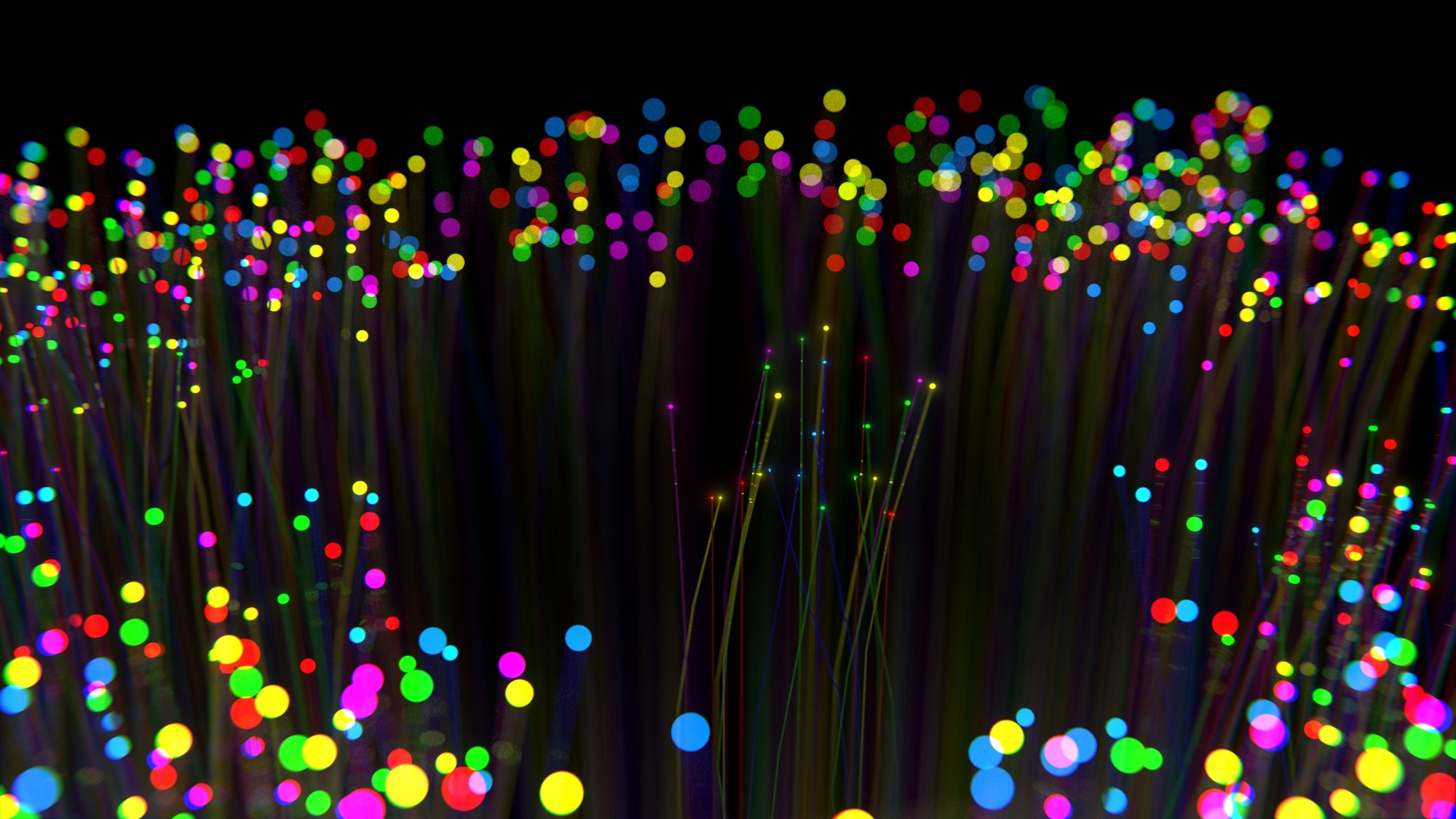 Living in the information age is great. We’re more connected now than people could ever have imagined twenty years ago. What used to be science fiction is now an everyday reality.
Living in the information age is great. We’re more connected now than people could ever have imagined twenty years ago. What used to be science fiction is now an everyday reality.
In this day and age, the quality of your connection to the rest of the world is something of great importance. This is your line to all of humanity’s condensed knowledge and information. Unfettered access to such an insane amount of data is an unprecedented privilege for our species, and you just so happen to be one of the first human beings to live during its ubiquity.
Better start making the most of it! There’s no excuse for a poor connection, so let’s have a look at who wins out in the battle of fiber vs cable.
Fiber vs Cable Internet Speed
Since there’s a choice, it’s best to get all the facts before making a decision when considering the difference between fiber and cable internet. An internet contract is usually six to twelve months long. It’s best to take a little time to understand exactly how your connection is going to behave and what to expect before taking the plunge of signing up to the ISP of your choice. WOW, AT&T, and Verizon are all popular options, but be sure to do your research.
One of the benefits of fiber optic internet is that it transfers data from point to point through the transmission of light signals. If you know anything about light, you’ll know it doesn’t get much faster than that. In terms of the delivery of information that can be processed into meaningful data by our computers, light is the best we’re going to get until we crack quantum entanglement.
A cable connection does the same job but with the use of radio signals. These signals are sent along the same type of coaxial cable line that television signals typically arrive on, which is why you’ll often find offers for cable package deals that include a television subscription.
Differences Worth Considering
The pros and cons of cable internet mostly have to do with its availability. Fiber isn’t available everywhere because the lines haven’t been rolled out everywhere yet, especially in more rural locations. The march of progress hasn’t quite reached every corner of the globe yet, meaning some people have to rely on a slightly less speedy cable connection.
Cable is in general cheaper than its more modern counterpart, which can count for a lot when you’re on a budget but still desire a personal connection to the internet. It’s a lot slower and less reliable than fiber, but it’s still a much better alternative than no connection at all.
If you’re considering an upgrade, some research is in order! Take a gander at this about page for a look at a typical fiber option, this is a good example of the sort of service that could be available in your area.
The Decision Is Yours!
If you’re not too bothered about connection speeds or reliability, a cable connection is a great way to get set up. Cheap and cheerful often does the job, just be wary of terrible upload speeds. If you’re a more discerning individual when it comes to internet use and want the best experience possible, fiber is probably your best bet.
Either way, you’ll have access to the greatest invention humanity has ever conceived of, and your only concern is fiber vs cable! Lucky you!
Check out the rest of our blog for more articles just like this one, we’re sure to have a post or two to pique your interest.
Leave a Reply